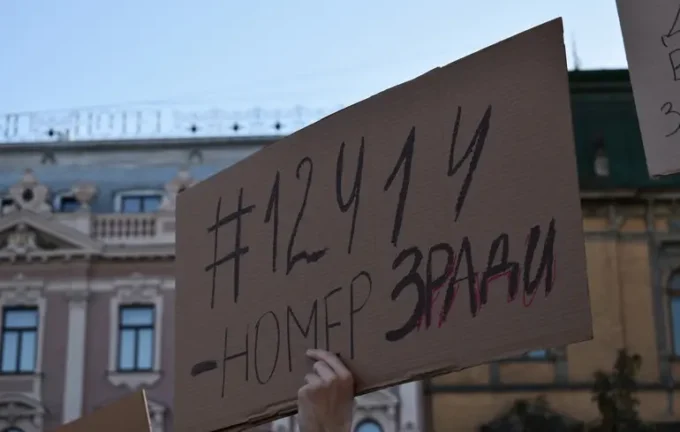Youth and Civil Protest: New Transformations in Ukrainian Political Life

In recent weeks, Ukraine has witnessed a series of vibrant and emotionally charged protests, led predominantly by the younger generation. These young activists are raising demands not just for political change in the traditional sense, but for deeper institutional and value-based reforms. Their goal is to not only express dissatisfaction but to fundamentally reshape the system, redefine the rules of the game, and fill them with new content — emphasizing the protection of institutions, rights, freedoms, and the country’s future development. The protests of this wave underscore that youth under 30 is increasingly playing a significant role in political processes. Their activism is driven not by populist slogans but by a genuine desire for justice and transparency in governance. It is a revolution of agency, where people take action rather than wait, and creatively use visual tools and expressions to communicate their ideas. Critics often question the depth of the protesters’ demands and their understanding of anti-corruption institutions and structures. However, accusations of paid or biased protests are unfounded, as youth demonstrate their independence and ability to stand their ground. If the parliament passes laws to restore the independence of NABU and SAP, this will not end the tension but could be a crucial step in a broader systemic reform. Youth are protesting not only against specific laws but against any form of authoritarianism and opaque governance, aspiring for more openness and fairness. A significant portion of society remains engaged in debates over legitimacy, and quick signing of law No. 12414 does little to bolster moral trust in leadership. The internal state of political institutions and their capacity to adapt to modern challenges are key to overcoming the legitimacy crisis and creating conditions for sustainable development. Civil society must shift from passive observation to active participation — developing strategies that not only respond to crises but also shape the country's future using modern practices of interaction, trust-building, and oversight. Maintaining unity and trust is essential, as these elements now form the foundation for long-term transformative progress in the state.

